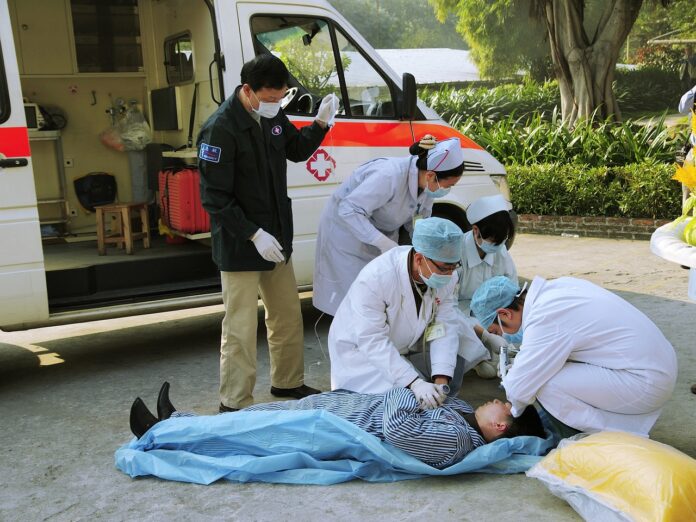In a medical emergency, every second counts. The key is medical first response. This is the first line of assistance arriving at the scene and administering first aid to patients. It is a crucial service that helps stabilize patients and prevents severe conditions. Medical first response involves a team of trained professionals, such as emergency medical technicians EMTs, paramedics, or firefighters, who are equipped with lifesaving tools, such as defibrillators, oxygen, and stretchers.
Medical first response is commonly called upon in accidents, heart attacks, strokes, and other emergencies. Upon arriving at the scene, the team assesses the situation, checks for vital signs, and determines the best course of action. They may provide oxygen, CPR, or immobilization. The team uses their experience to stabilize the patient until transport to a medical facility.
Effective medical first response requires cooperation and collaboration between emergency responders and medical personnel. The team must communicate clearly and work quickly to provide efficient care. Medical first response can save lives, as it provides critical interventions before hospital care. It is essential for all medical professionals to have a knowledge of medical first response.
Medical first response is a vital service that saves lives. The first few minutes in a medical emergency are crucial. The team must work quickly and efficiently to provide medical assistance and transport to the hospital. Through careful training and collaboration, medical first response professionals can offer essential care that prevents adverse outcomes.














